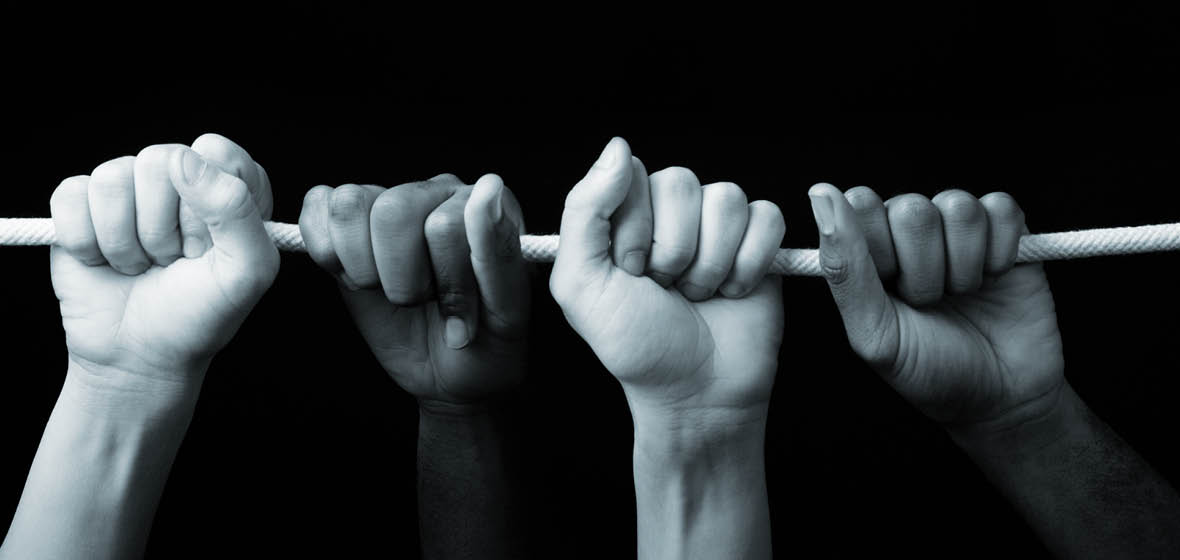Snapshot
- In the recent case of Elzahed v State of New South Wales the Court of Appeal considered whether a party should be permitted to give evidence wearing a niqab.
- The issue is not merely a matter of court etiquette. Witness demeanour is a matter for the judge to assess in determining the veracity of a witness’ evidence.
- An implied right to freedom of religion, while its parameters in Australia are not formally framed, is not absolute. Tension persists between respecting those who wear the niqab to manifest their religion and the imperative of maintaining an effective secular justice system including ensuring the conduct of fair trials.
Unmasked here is a sensitive topic at the crossroad of religion, law and secular governance. A body of issues; religious freedom, court etiquette, witness testimony, witness demeanour and the niqab, an Islamic veil. The face of these competing tensions, and the protagonist, is one woman, Moutia Elzahed.
Ms Elzahed
Moutia Elzahed is 50 years old. She is a Muslim. She wears a niqab, an item of Islamic dress. She is one of the wives of Hamdi Alqudsi. Ms Elzahed’s recent dealings with the law mostly originate from her marriage to Mr Alqudsi. Two years ago, he was convicted for performing services to support foreign hostile activities in Syria (R v Alqudsi [2016] NSWSC 1227). In the course of a police investigation of Mr Alqudsi, his marital home in Revesby was searched. Ms Elzahed, who was present, alleged she was assaulted by police officers.



